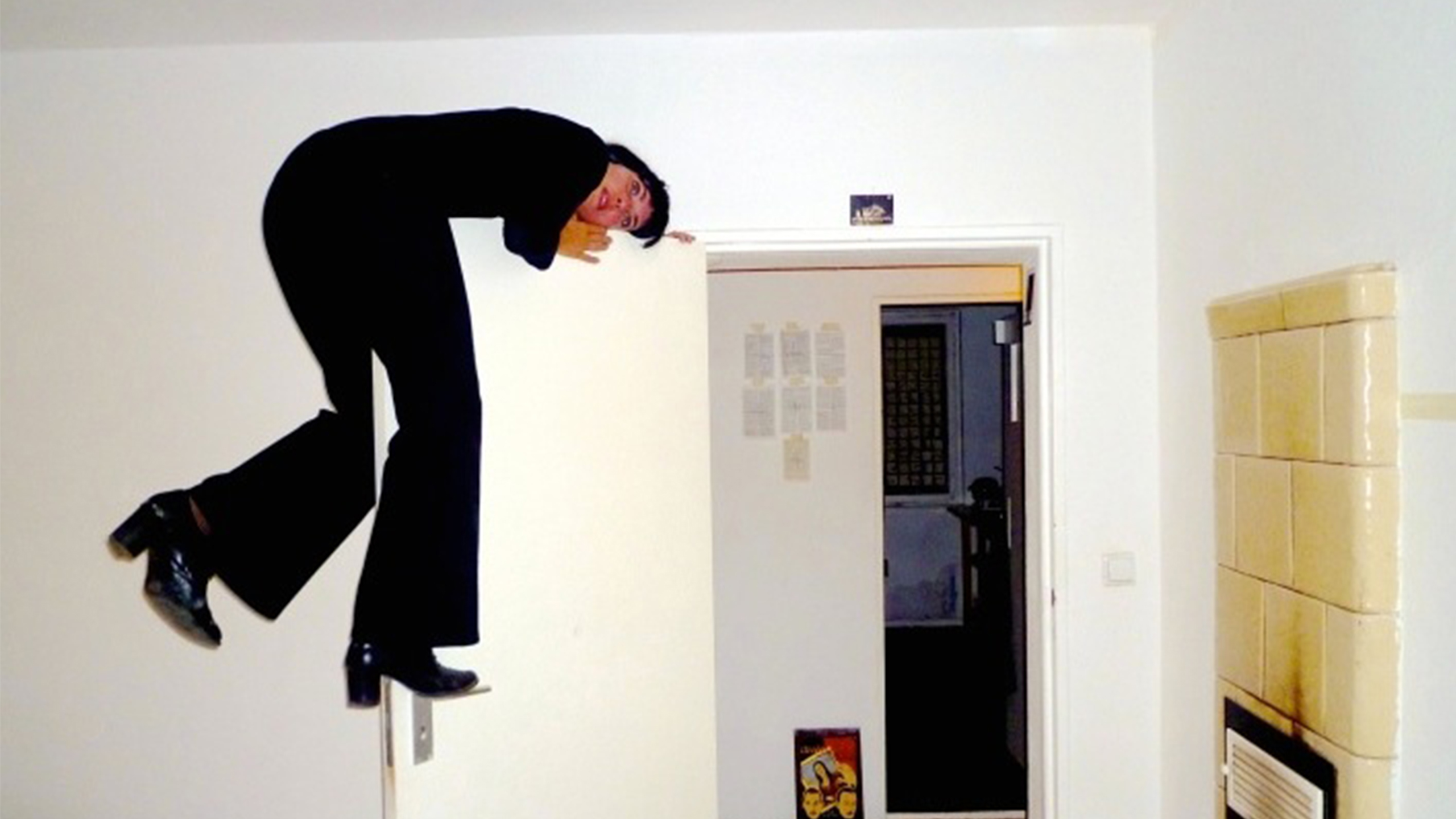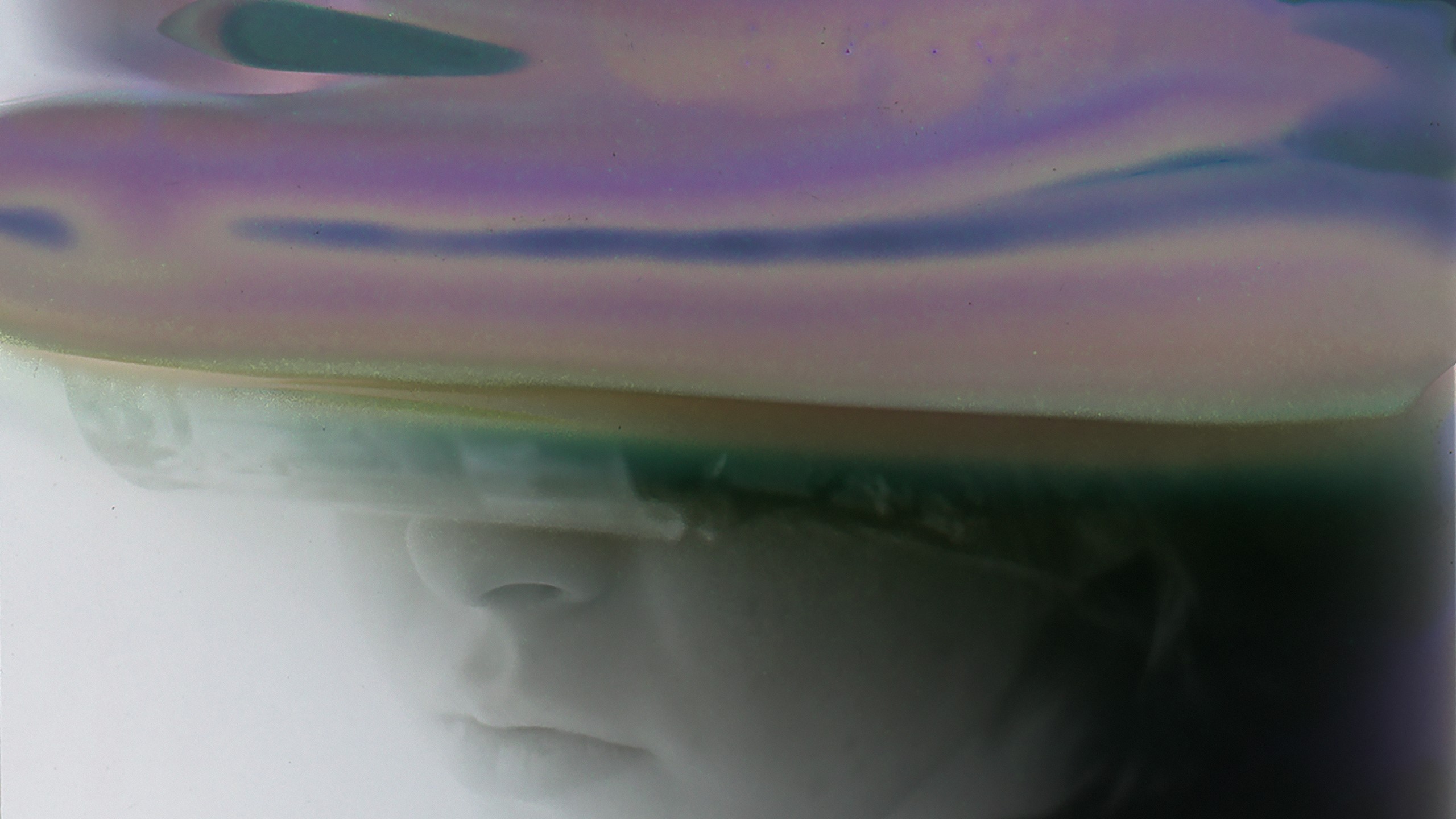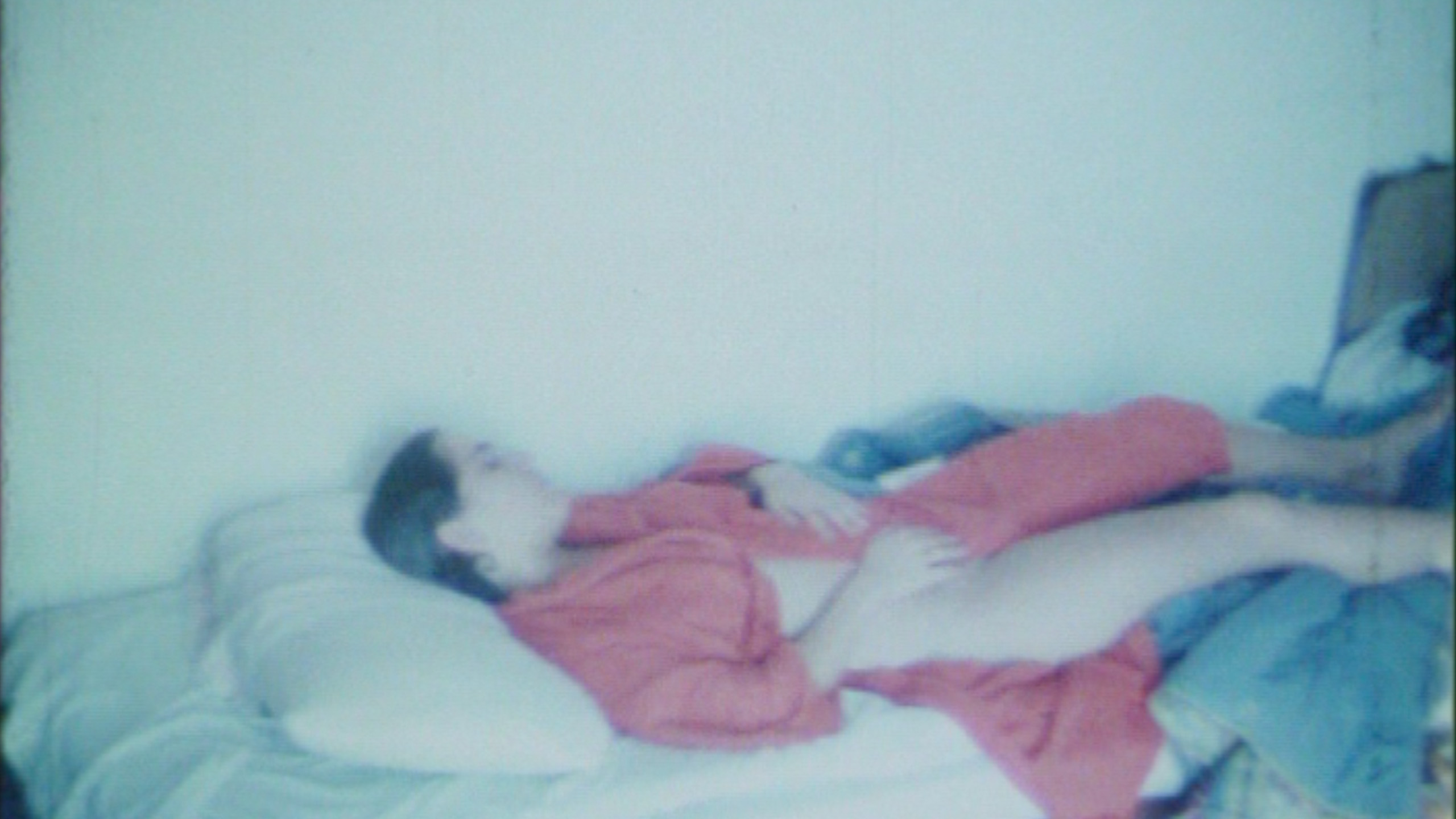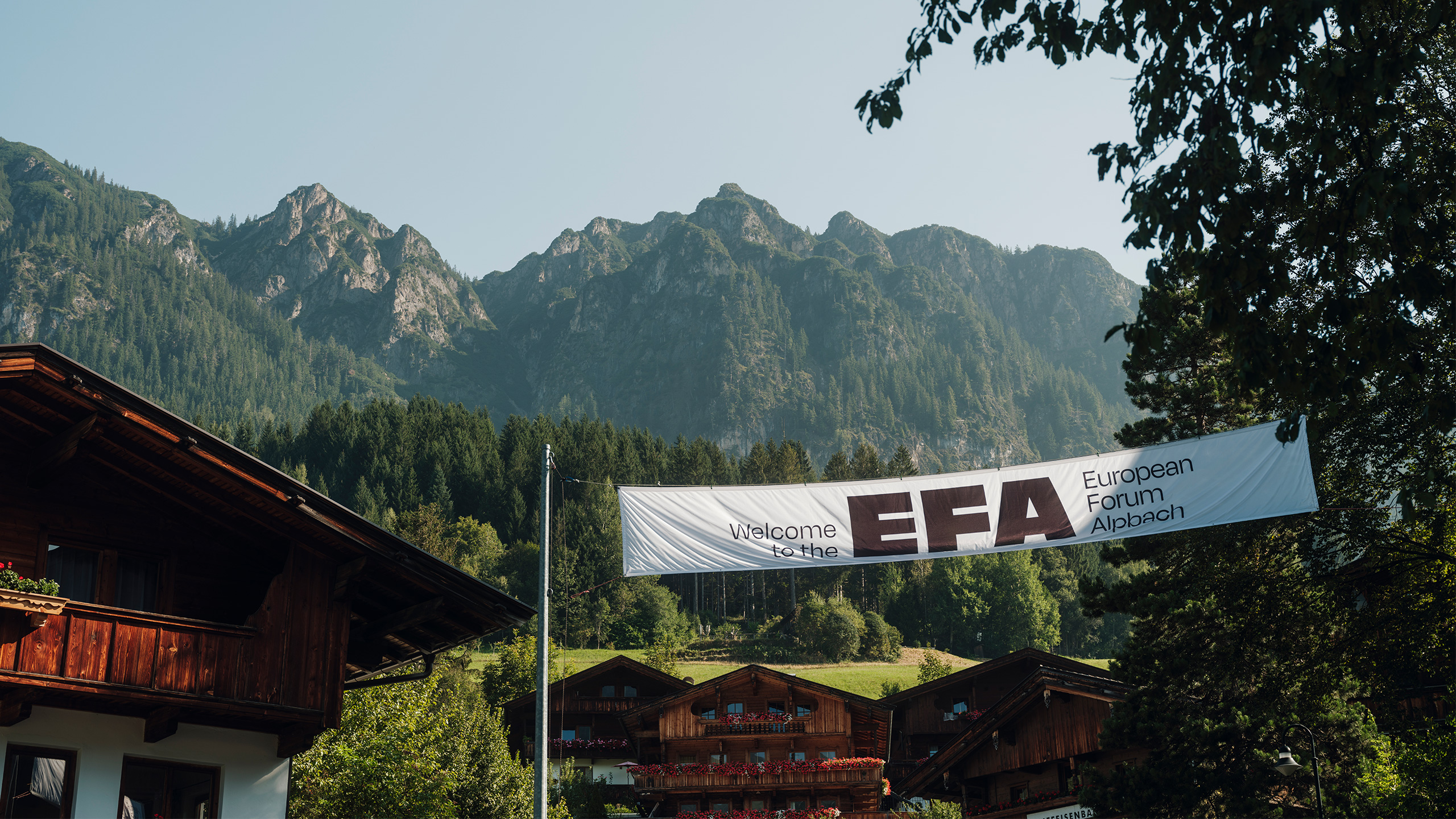Event
30 November 2017
Reading Time: 6'
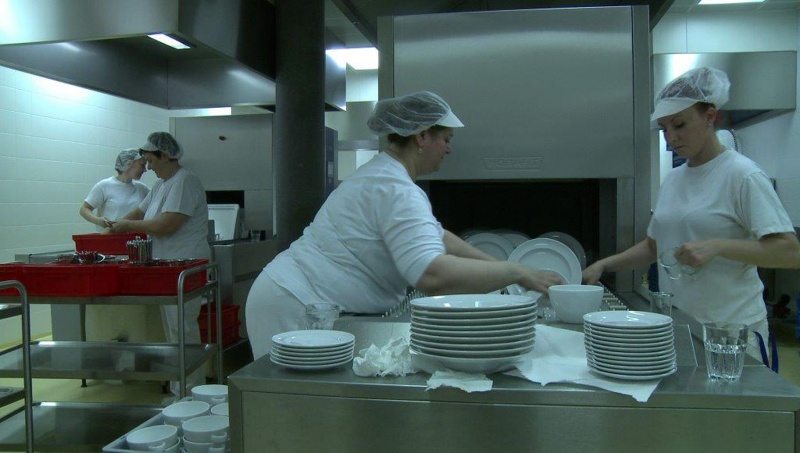
Decolonising the Mind, Provincialising the West
30 November 2017, 18:30
Institute Of Contemporary Arts (ICA) London
Institute of Contemporary Arts (ICA), London | Cinema 1 | £5.00 to £8.00
Buy tickets here.
This event explores the possibilities of a critical art geography, examining »decolonial options« such as those described by Rolando Vázquez and Walther Mignolo. The panel discussion also looks at the structural possibilities of building what Piotr Piotrowski called »horizontal histories« as structural interventions into the art canon. This notion of a horizontal art history begins as the deconstruction of the Western-centric and the universal. Instead, it proposes art history as polyphonic: supporting locally specific art histories and placing them in a global perspective.
The speakers are investigating interrelations instead of oppositions, and aim to undo the hierarchies between centers and margins/peripheries, as well as among (global) margins/peripheries. Speakers include Fouad Asfour (writer and editor, Johannesburg/Vienna), Lina Džuverović (curator, lecturer, University of Reading), Urška Jurman (curator and editor, Director of the Igor Zabel Association for Culture and Theory, Ljubljana), and Klara Kemp Welch (lecturer, researcher, Courtauld Institute, London).
Following the panel discussion, artist Sanja Iveković will screen and discuss her latest work Invisible Women of the Erste Campus, a site-specific installation commisisoned for the Erste Bank Campus in Vienna. For the project, Iveković created a filmic portrait of the »invisible« women working on the premises, workers who clean the offices in the early morning and evening and staff the cafeterias and kitchens.
This event accompanies the publication of Extending the Dialogue, a collection of essays by curators, art historians and art theorists whose work deepens our knowledge of visual art in Central, Eastern and South-Eastern Europe.
The panel discussion and screening is preceded by a closed discussion around the topic of decolonisation, to critically examine the matrices of power in art writing, art history and art education, questioning the narratives of the centre and periphery.
The event invites cultural workers actively involved in processes of unschooling, disrupting, decolonising and upsetting hegemonic, patriarchal, isolationist and exclusionary narratives, in favour of enabling multiplicity of voices, to share their current work. It also includes a screening of works by BA students from University of Reading. For more information about this closed session, email astrid.korporaal@ica.art
About the participants
Fouad Asfour is a writer and editor working in collaborative frameworks on publications, exhibitions, performance and art exchange projects. He has worked in various contexts, including the documenta 12 magazines editorial team, and is a member of the Dead Revolutionaries Club artist’s collective. In 2011 he initiated the independent publishing project Pole Pole Press and is the co-founder of the self-organized student support initiative Thekgo Bursary (now in collaboration with Canon Collins Trust).
Asfour is part of the Black Feminist research project ‘Art On Our Mind’ initiated by Dr Sharlene Khan at the University Currently Known As Rhodes in Grahamstown, South Africa, where the AvP laboratory activates border thinking through creative writing and self-translation. In 2008, he was a grant recipient of the Igor Zabel Award for Culture and Theory.
Lina Džuverović, PhD, is a curator and Lecturer at the Reading School of Art, University of Reading. Previously she was Artistic Director at Calvert 22 Foundation (2011–13), Director of Electra (2003–2011), and has held curatorial roles at Momentum, the Nordic Biennial of Contemporary Art (2009), ICA London and the Lux Centre.
Selected projects include Monuments Should Not Be Trusted (Nottingham Contemporary, 2016), Insoluble Moments – Yelena Popova (Knoll Galerie, Vienna Contemprorary, 2013), Sanja Ivekovic – Unknown Heroine (South London Gallery and Calvert 22, 2012/13), Archive As Strategy: Conversations about Self-historicisation across the East (Calvert 22, 2011- 14), IRWIN – Time For A New State (Calvert 22, 2012), The Forgetting of Proper Names (Calvert 22, 2012), 27 Senses (Chisenhale Gallery, London, 2010, Kunstmuseet KUBE, Alesund, Norway, 2009), Favoured Nations, Momentum, 5th Nordic Biennial of Contemporary Art (Moss Norway, 2009), Perfect Partner by Kim Gordon, Tony Oursler and Phil Morrison (Barbican Centre, London, 2005), Her Noise (South London Gallery, 2005) and Sound And The Twentieth Century Avant Garde (Tate Modern, 2004).
Sanja Iveković was born in 1949 and lives and works in Zagreb. At the beginning of the 1970s, she was one of the first artists in the former Yugoslavia to begin taking an explicitly feminist approach in her work. Her early projects focused on the performative potential of mass media, magazines, newspapers, advertising, and public and private photography, involving her own person as a structural and referential figure in an expanded form of representation. The themes of representation and the status of women in our society are also central to her present-day work.
Iveković has received numerous prizes and awards at film and video festivals, including those of Locarno and Montreal. She has also participated in several biennials including documenta 8, 11, and 13 in Kassel and Manifesta 2 in Luxembourg, as well as in exhibitions at the Museum of Modern Art in New York, the Taxispalais in Innsbruck, the Museu d’Art Contemporani in Barcelona, the Van Abbemuseum in Eindhoven, the Museum moderner Kunst in Vienna, the Fundació Antoni Tapiès in Barcelona and the Museum of Contemporary Art in Los Angeles.
Urška Jurman is an editor, curator, project manager, art writer and sceptical enthusiast in the field of contemporary art. She holds a degree in Art History and Sociology of Culture from the Faculty of Arts, University of Ljubljana. She is a co-editor of the PlatformaSCCA Magazine for Contemporary Art and Theory (2000–2005), Ready 2 Change reader (2005), editor of the Sanja Iveković: Public Cuts catalogue (2006) and of Beti Žerovc’s monograph When Attitudes Become the Norm: The Contemporary Curator and Institutional Art (2015), among others. Since 2013, she has served as the programme manager of the Igor Zabel Association for Culture and Theory in Ljubljana.
Klara Kemp-Welch, PhD, is a lecturer on 20th century modernism at the Courtauld Institute of Art in London where she teaches courses on the cultural Cold War, countercultures and experimental art of Eastern Europe and Latin America. She was educated at University College London and the School of Slavonic and East European Studies in London.
She is the author of the monograph Antipolitics in Central European Art: Reticence as Dissidence under Post-Totalitarian Rule 1956–1989 (2014) and just finished the monograph Networking the Bloc: International Relations and Experimental Art in Eastern Europe 1968–1989. As a post-doctoral researcher, she was awarded fellowships from the Phillip Leverhulme Trust and the Arts and Humanities Research Council. In 2012, she was a grant recipient of the Igor Zabel Award for Culture and Theory.
This event is organised by: ICA, ERSTE Foundation, Igor Zabel Association for Culture and Theory, and the University of Reading.
The event is also part of Crossings: Stories of Migration, an ICA-led UK-wide film and events programme supported by the BFI using National Lottery funding and in partnership with the Goethe-Institut.
Photo: © Sanja Iveković, Invisible Women of the Erste Campus, 2016
